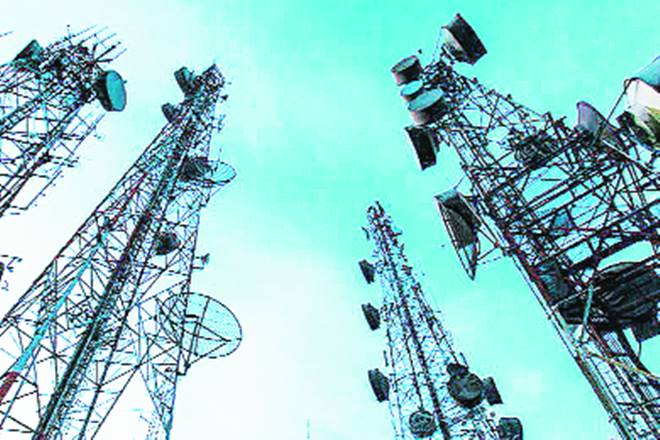The National Institute of Public Finance & Policy (NIPFP), a finance ministry think tank, has suggested that auctioning airwaves in the E and V bands could limit the potential benefits that can accrue as opposed to it being licence-exempt. It said that unlicensed spectrum spurs innovation, expanding the market and leading to higher economic benefits.
“As has happened with other unlicensed spectrum bands, innovation and competition may lead to many types of uses that are difficult to anticipate at present. Hence, it would make sense to liberalise the spectrum without any cumbersome procedures or fees. For instance, levying a fee or auctioning the spectrum may limit the potential uses of the spectrum,” NIPFP said in a recent white paper on the E and V bands.
The institute added that many potential users may be individuals and organisations, who would be outside the regulated telecom sector, and placing licensing requirements on them may restrict innovative uses.
NIPFP, which does research in public economics and policies, said that although availability of the E and V bands may not lead to many benefits being realised by service providers, benefits could accrue in terms of consumer surplus and GDP contributions of businesses and technological innovations spurred by its availability.
“If the E and V band spectrum is delicensed or lightly licensed, the pass-through cost of this spectrum will be zero or very small, and only the installation costs incurred will be substantial. In a competitive market, ceteris paribus, reduction in costs will lead to lower prices for consumers. Given the price elasticity of demand for internet, and the rapid evolution of technology, this availability will lead to higher usage of broadband internet by consumers, allow new consumers to use broadband internet and enable innovative business models and technologies,” NIPFP said.
It has also advised the government to consider long-term benefits of licence-exempt spectrum as opposed to revenue maximisation.
“If government decides to target revenue maximisation while allocating the spectrum, it will only be able to extract part of the producer surplus. However this will have effect on proliferation and therefore on consumer surplus and GDP contributions. This may lead to significantly lower economic benefits of spectrum for the economy as a whole. At the same time, government may extract revenue afterwards, which may be linked to the scale of usage,” the NIPFP paper stated.
Broadband India Forum (BIF), which represents tech companies like Facebook, Google and Microsoft, welcomed NIPFP’s report. The association has been advocating in favour of de-licensing the bands.
Its president TV Ramachandran said that even the Federal Communications Commission (FCC) of the US has made V band license-exempt.
“Besides, there is sufficient spectrum in the V band for everyone. FCC allocated 57-71 GHz to the band and if we follow this then telcos can have 5-7 GHz and balance can be used by others, leading to tremendous socio-economic benefits. Such a step will lead to more innovation, lesser costs in future and would increase broadband penetration helping the Digital India mission,” he added.
Telecom industry body COAI, whose members include Bharti Airtel and Reliance Jio, is opposing BIF and has urged the government that spectrum in the E and V bands be allocated through auctions.


